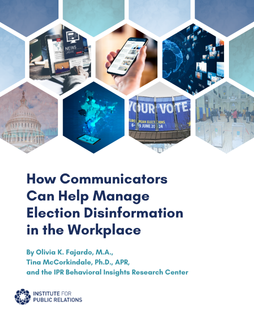
This summary is provided by the IPR Behaviorial Insights Research Center.
Dr. Andrew J. Vonasch and colleagues examined phantom costs, or hidden costs, and how they can drive peoples’ judgments, impact behavior, and intersect with individual differences.
A series of 10 experiments, involving over 4,000 people, was conducted on university campuses, online, and internationally with each experiment building on the previous one.
Key findings include:
–When the hourly wage for a job posting was below normal, people were less keen on taking the job because they were concerned that it could be a low-quality job.
–The study found that in experiments where participants were offered money to do tasks, they were more likely to infer phantom costs.
–For example, respondents who were offered $2 to eat an ice cream sandwich were less likely to take it than those who were offered it for free.
–Participants were 10 times more interested in purchasing a cheap plane ticket when they were told why it was inexpensive compared to when there was no explanation.
–The researchers also found an increase in the chances that someone would accept an offer that initially seemed overly generous when they were given some kind of explanation.
Read the original article here.
Authors:
Andrew J. Vonasch, Ph.D., University of Canterbury, New Zealand
Reyhane Mofradidoost, University of Milano–Bicocca, Italy
Kurt Gray, University of North Carolina at Chapel Hill



